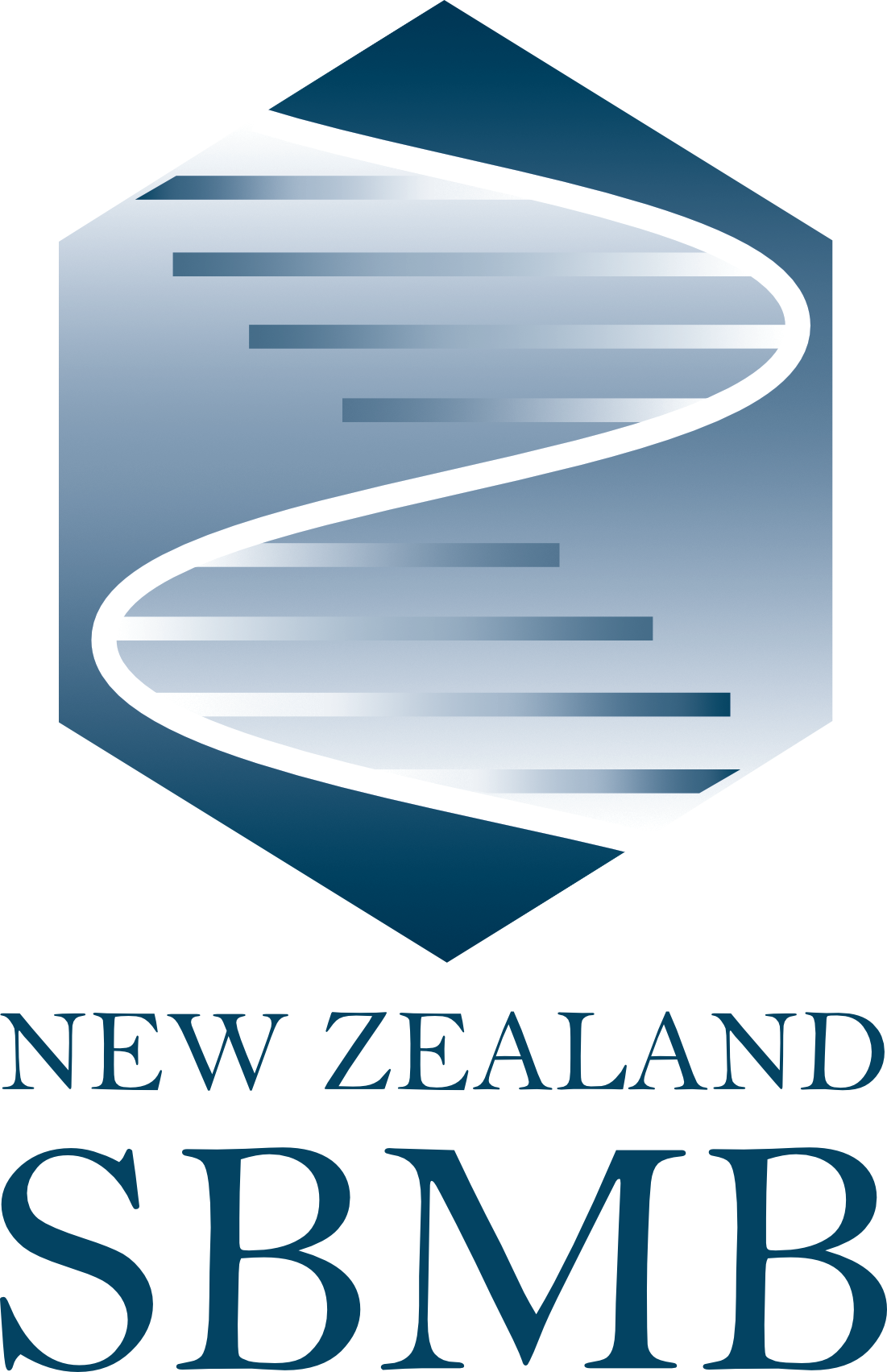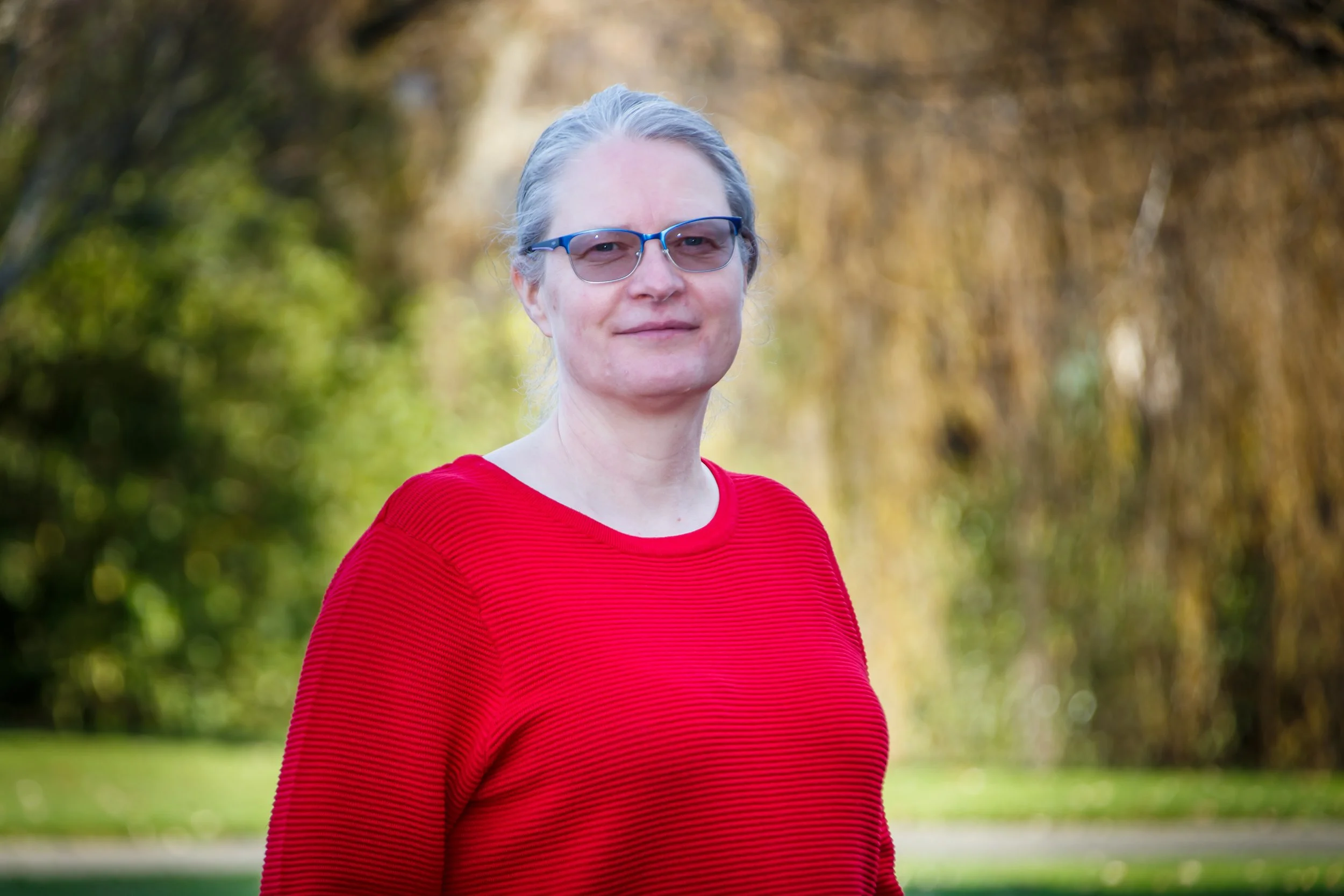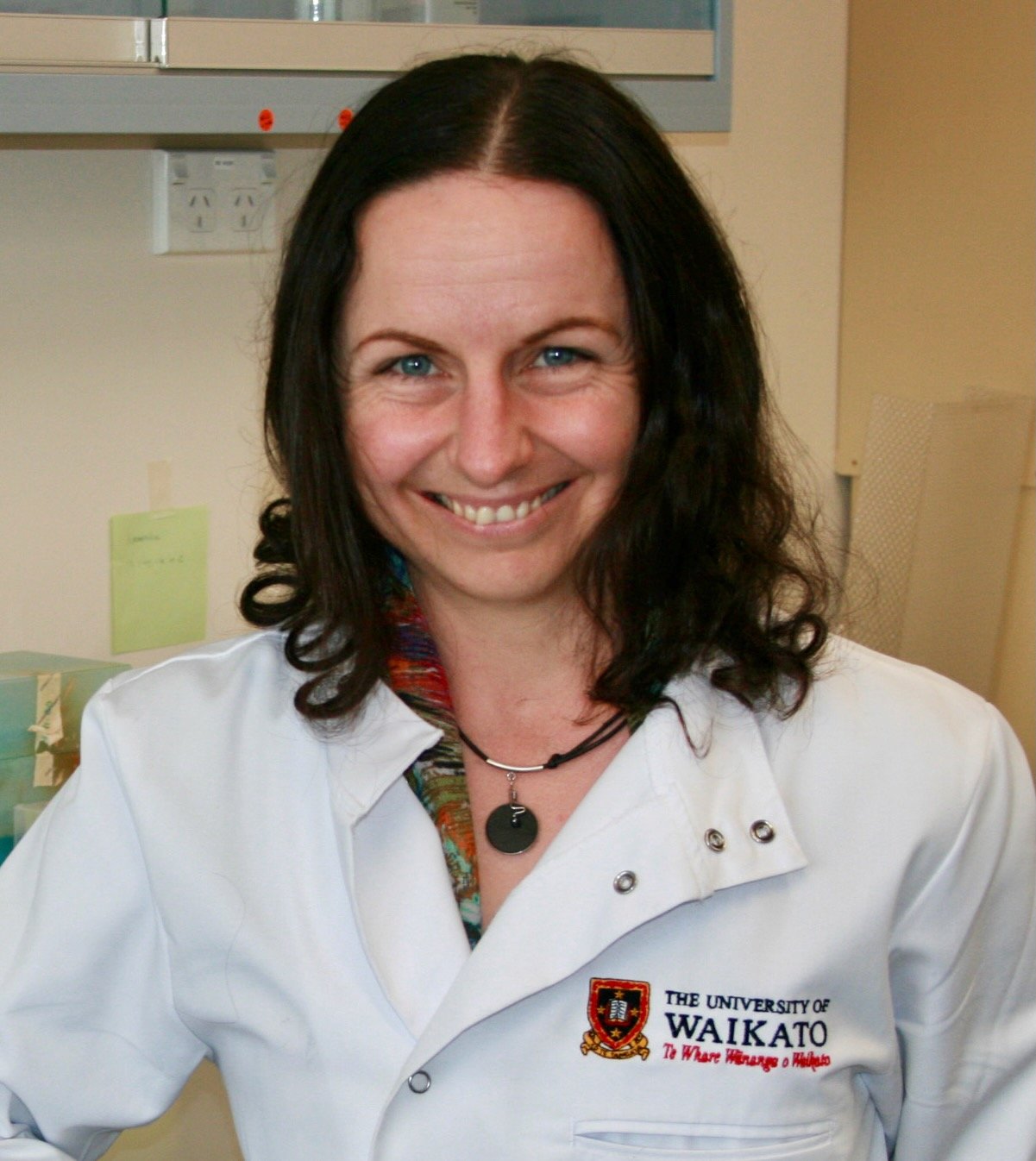Our regional representatives are our link to our local scientific communities.
Auckland: Dr Ghader Bashiri
My journey in biochemistry began in Iran as an undergrad student and continues in New Zealand as an established research scientist. I undertook my PhD studies with Distinguished Prof. Ted Baker in the Laboratory of Structural Biology at the University of Auckland. As a postdoctoral scientist, I then received a Sir Charles Hercus Health Research Fellowship through the Health Research Council of New Zealand. I have established the Laboratory of Molecular and Microbial Biochemistry at the University of Auckland, pursuing my interests in the microbial world. The overarching research themes in my laboratory are to address the global issues of antimicrobial resistance and methane emissions. Our research blends structural, molecular and computational biology with genetics and chemistry to obtain a fundamental understanding of these systems at a molecular level, and apply this knowledge to come up with new sustainable solutions to overcome these issues.
Manawatu: Associate Prof Evelyn Sattlegger
My education in Biochemistry and Molecular biology started in Germany. After obtaining an MSc and PhD degree, I conducted research as a postdoc at the National Institutes of Health (NIH) in the USA. In 2005, I moved to New Zealand to accept a Teaching & Research position at Massey University. In January 2021, I relocated from the Massey University Auckland campus to the Manawatū campus, and currently I am the group leader for the Molecular BioSciences group at our School of Natural Sciences. Since 2013, I am also an Associate Investigator with the Maurice Wilkins Centre (a New Zealand Centre of Research Excellence targeting serious human disease), and I have been a member of the Auckland Medical Research Foundation’s medical committee for almost 7 years (2015-2021).
My research Group conducts basic / biomedical research aimed at understanding signal transduction pathways, the function of proteins therein, and how they influence each other. Our research interests include molecular and biochemical mechanisms occurring in healthy organisms, how diseases and disorders develop, and how these can be prevented or treated. We apply a variety of techniques in the fields of Molecular Biology/Genetics, Biochemistry, Genetics, and Cell Biology, to Biotechnology. As model organisms, we use mammalian cell cultures, but also brewer’s/baker’s yeast Saccharomyces cerevisiae. The power of yeast as eukaryotic model organism is often underestimated. However, yeast is amendable to a large range of techniques, it grows fast, and is less costly to work with than mammalian cells. Most importantly, at the cellular level, most molecular and biochemical processes in yeast are the same as those in cells of higher eukaryotes. Currently, I am teaching undergraduate and postgraduate courses in biochemistry, metabolic biochemistry, and gene expression. In the recent past I have also taught courses in protein biotechnology, molecular biology, cell biology, and genetics. I’m passionate about teaching students and mentoring emerging researchers, to guide them towards reaching their full potential and to equip them with skills for a successful career.
Wellington: Dr Alistair Brown
I am a molecular biologist with a strong interest in synthetic biology. I completed my PhD in David Ackerley’s lab at Victoria University of Wellington. During my PhD, I developed biosensors based on an enzyme called BpsA that have commercial applications in detecting glutamine and ATP. I’m currently working as a postdoc in Dave’s lab on a project to repurpose the FDA approved anthelmintic niclosamide as a novel antibacterial therapeutic. I’m particularly interested in the antibiotic resistome and understanding how primordial enzymes with limited activity can evolve into clinically relevant resistance elements.
Christchurch: Prof Margreet Vissers
I am a biochemist and Research Professor at the University of Otago, Christchurch. My research has a biomedical focus: my background is in immunity and oxidative stress, which has led to my current focus on the biochemistry of ascorbate (vitamin C), which is widely considered to be an important natural antioxidant. Ascorbate is an essential co-factor for a number of Cu- and Fe-containing enzymes that impact on hormone production, collagen synthesis, and the regulation of a myriad of biological processes, ranging from the stress response to hypoxia, to the regulation of epigenetic enzymes. I am particularly interested in the superfamily of 2-oxoglutarate-dependent dioxygenases and understanding their dependency on ascorbate is a major focus on our research. These enzymes impact on cancer initiation and progression and on the differentiation of stem cells. In my research I investigate numerous aspects of ascorbate bioavailability on health and disease. This includes running clinical studies as well as carrying out basic laboratory biomedical research.
Otago: Dr Adam Middleton
My interest in biochemistry and structural biology began in the first year of my PhD performed with Prof Peter Davies at Queen’s University, Kingston, Canada. Subsequently I did a postdoctoral fellowship with Prof Catherine Day at the University of Otago, Dunedin. I have stayed here ever since and am now a Sir Charles Hercus Health Research Fellow through the HRC. My overall interest is in increasing our understanding of how proteins interact with each other and how this influences the life of cells. Currently my research is focussed on the ubiquitin system—in particular, the E2 ubiquitin conjugating enzymes. I use multiple techniques including structural biology and phage display to understand more about how ubiquitin is transferred, and find ways of modulating the system.
Waikato: Dr Adele Williamson
I am a structural and molecular biologist whose main focus is DNA replication and repair- especially novel enzymes from microbes that inhabit extreme environments. Key questions include the mechanisms and evolutionary origins of specific enzymes, as well as their roles in disease and potential biotechnological applications.
My passion for low-temperature microbial super-survivors began in Tromsø Norway where I spent 10 years working with samples originating from the high Arctic, and continued after returning to Aotearoa New Zealand to study DNA repair from microbiota of the Antarctic Dry Valleys of Antarctica. In addition to these classical extremophiles, I am fascinated by the diversity of repair enzymes from other resilient organisms such as cyanobacteria inhabiting the low-nutrient/ high UV open ocean, and pathogens which survive hostile host responses. My current research at the University of Waikato is funded by a Rutherford Discovery fellowship and MBIE ‘Smart-ideas’ and includes projects on why bacteria evolved a ‘unique’ version of DNA ligase for replication, and how we can build enzymes that tolerate non-natural analogues of DNA and RNA.
Interested to become a future regional rep?
If you would like to help the society at your local region, fill out the form below and we will get back to you in no time.







